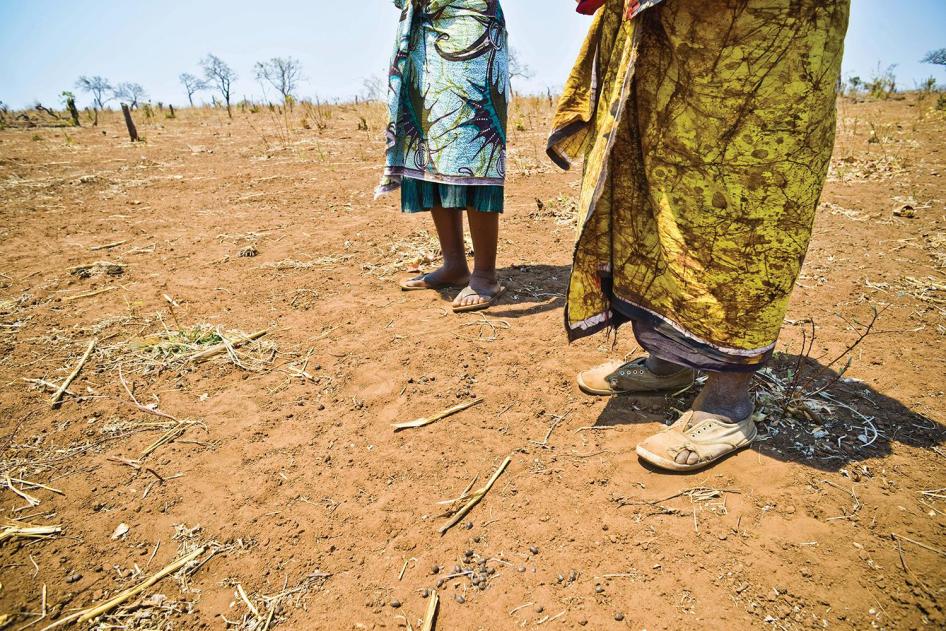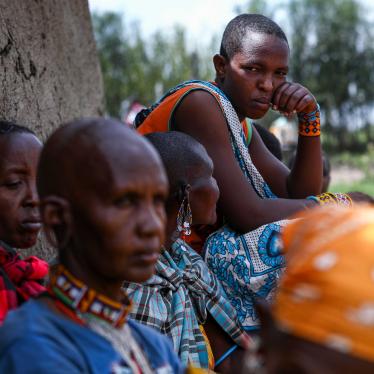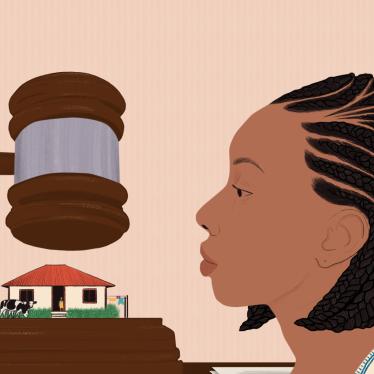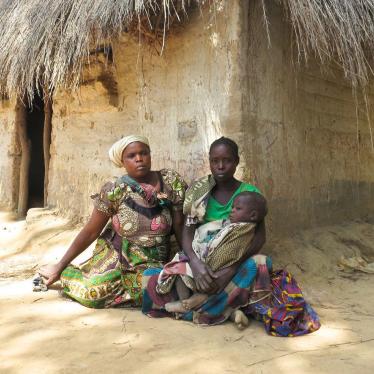Emily, a widow from rural western Kenya, lived and farmed on her husband’s land for more than 30 years. While her husband was alive, they lived comfortably, and her four children were happy in school. This ended abruptly when her husband died, and her in-laws took everything.
“Things started disappearing from the time of the burial ceremony,” Emily said. “They took farm equipment, livestock, cooking pans, bank records, pension documents, house utensils, blankets, and clothes.... This happened in the three months after my husband died. I was desperate.” Then, they took over Emily’s farmland, and forced her out of her home.
Like millions of other women, Emily lost everything when she became a widow. In many countries, customary or religious laws discriminate against women when it comes to inheritance and other property rights. For rural women who depend on land for survival, this can be catastrophic.
Last week, a UN committee focused on women’s human rights (known as the “CEDAW Committee”) issued important new guidance for countries about the rights of rural women. It emphasized that rural women, a quarter of the world’s population, face massive barriers to realizing their rights. It called on governments to eliminate discriminatory laws on land and inheritance.
Kenya has taken some steps in the right direction. Its 2010 constitution provides for the elimination of gender discrimination in law, customs, and practices related to land and property. But a lot more needs to be done in Kenya – and around the world – to guarantee that women can realize their property rights.
Emily and her children were homeless until someone offered her a small, leaky shack. Her children dropped out of school to do domestic and farm work. When I met Emily in 2002, she said she had no hope of retrieving her land and property. In a 2016 report on Kenya, we found that most women we interviewed lacked knowledge of their right to inherit.
Let’s hope the CEDAW Committee guidance will spur governments into action, and offer real hope for women like Emily.








